For the first post on this series about Mansfield Park and slavery, click here.
| "The students who were Jane Austen fans felt instantly complicit for liking stories where slavery might be present without an explicit critique." -- Patricia A. Matthews, "Jane Austen and the Abolitionist Turn." Texas Studies in Literature and Language, vol. 61 no. 4, 2019, p. 345-361 |
I now come to the most dangerous part of my thesis. There are also many examples of fictional works which referred to the West Indies, to West Indian planters, even to a slave uprising (in the case of Belinda) without editorial comment. Authors such as Maria Edgeworth and Barbara Hoflund, who wrote pro-abolition fiction, also wrote books in which colonial wealth, such as could be acquired in India, was simply a handy plot device.
Franco Moretti in his Atlas of the European Novel (1998) claims that “in sentimental novels at the turn of the century, the colonies are a truly ubiquitous presence... mentioned in two novels out of three, and overseas fortunes add up to one third, if not more, of the wealth in these texts.” Like me, he thinks Sir Thomas Bertram went to Antigua because the plot called for his lengthy absence for Mansfield Park, "he goes... because Austen needed him out of the way."
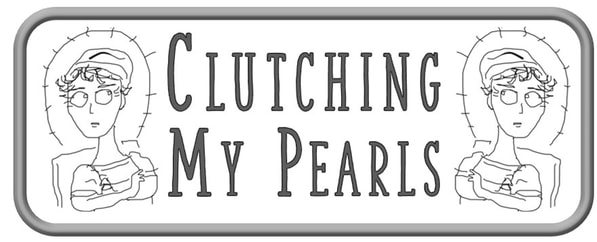
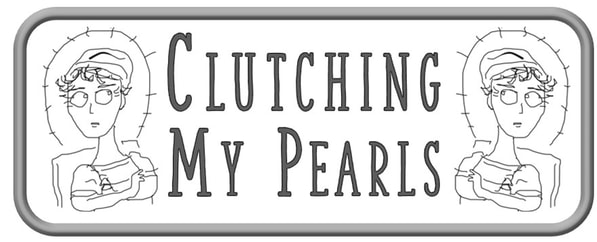
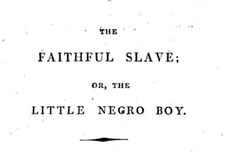
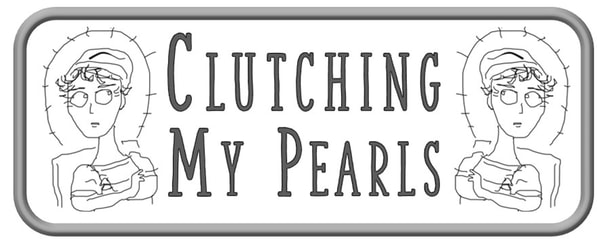
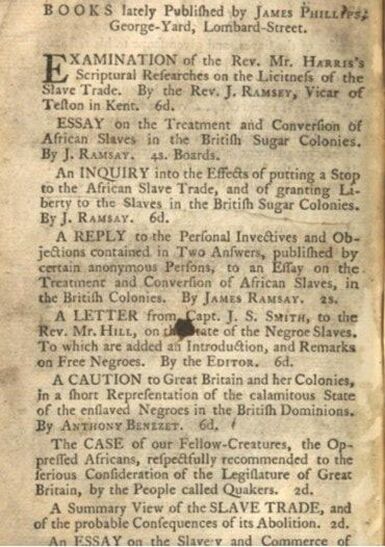
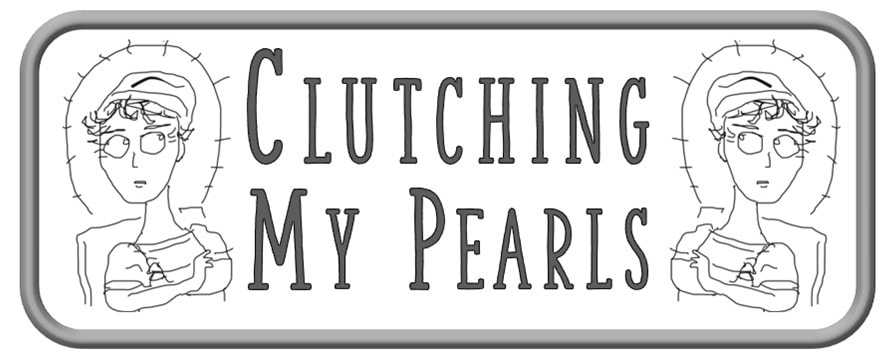
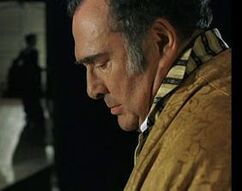
 RSS Feed
RSS Feed